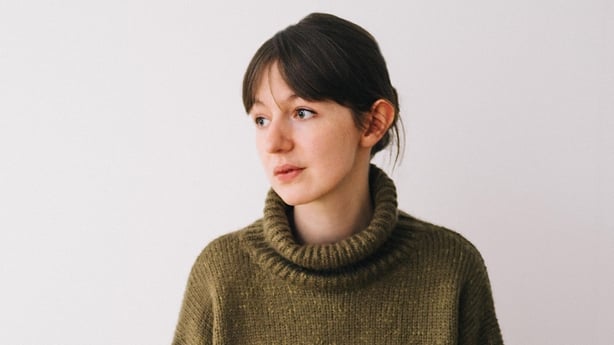The first step is acceptance.
Take it from me: this is a hard pill to swallow. As an arts and culture journalist, there is an added pressure on me to keep up with every new album, book, movie, play, exhibition, TV show and podcast available for consumption. I'm not just keeping up to date with the huge swathe of cultural output for my own enjoyment - it’s a necessity of the job.
A tough job? Not in the slightest. It’s one that I love and one that is undoubtedly a huge privilege; I’m not out there reporting from the frontline of a war zone. I’m not saving lives, or making huge decisions that impact people’s existence. I write about arts and culture, which is an unmitigated pleasure the vast majority of the time - but there comes a point where you simply have to accept that it’s impossible to keep up with everything.

Despite the huge pleasure that comes with writing about culture and getting to speak to (mostly) really interesting people, cultural burnout is a real thing. Burnout is described as being "characterised by feelings of being overwhelmed, emotionally drained, and unable to meet demands, leading to decreased productivity and a sense of hopelessness." Okay, that sounds a little dramatic - but I will openly admit that a few years ago, particularly around the time when I was reviewing four or five albums a week, it started to feel like a chore. I wasn’t taking the time to fully absorb what I was watching, listening to or reading, and it often felt like a competition: who can name-drop the most obscure young bands out of Brooklyn, Brixton or Ballaghaderreen? I was, I’m not afraid to admit, beginning not to enjoy music. I was listening to it in the wrong way, for the wrong reasons. I was burning out.
It's okay to renounce the relentless need to keep up with everything that’s released into the world.
Thankfully, it passed and I eventually fell back in love with discovering new bands and artists - not because I felt like I should be doing it, but because there was a genuine desire to unearth something that excited me. And as you get older and your life changes (in my case, it was having kids and moving out of the city centre, making gigs and live events less accessible on a whim), it forces you to slow down a little and appreciate the things that you do have time for. For example, I have found myself going to more theatre than gigs over the last couple of years. I've probably read more books than I’ve listened to albums from start to finish. Is this what they call middle-age, Joe?

That slowing down, or 'dropping out of the me-first race’, also gave me time to reflect on how much things have changed over the last twenty years or so. I’m teetering dangerously close to ‘in my day…’ old fogey territory here, but clearly it’s a very different landscape to the one that I grew up with, even as a millennial teenager. The prevalence of Spotify and other streaming services has meant that not only is there more access to pretty much every kind of music - there’s no such thing as saving up your pocket money or part-time job wages to splurge on an album you’ve been waiting months for - but technology and the availability of music-making software has meant that there’s more music being made than ever before, too. Taping songs off the radio? Whatever, Grandma. Music aside, Netflix and its ilk has meant that there’s no need for a trip to the cinema or Xtra-Vision (ask your parents) to see the big blockbuster of the year. Big terrestrial TV events, for the most part, are few-and-far-between and the pressure to binge the Latest Hot Series all in one go is real - god forbid you can’t join in the debate about Adolescence around the watercooler!
So, the first step is acceptance. It’s okay to renounce the relentless need to keep up with everything that’s released into the world. It’s okay to hone in on the things that, in the words of Marie Kondo, spark joy in your cultural cache. It’s okay to slow down and accept that you simply can’t keep up with everything. And by doing so, maybe you’ll find a new appreciation for the things that really matter to you.

